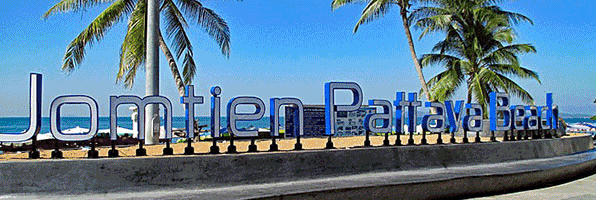Foreigners looking to buy property in Thailand are allowed to purchase only condominium units and apartments. Foreign ownership of condominiums is restricted to ownership of 49% of the available sales space.
If the condominium has hit its quota of 49%, the foreigner will not be able to purchase a unit under the foreign quota. Additionally, foreigners are able to buy the entire building except for the land. Land in Thailand cannot be owned by foreigners. While foreigner is unable to buy property under his own name, there are a few save ways to ‘own’ property in Thailand;
- Through a Thai Private Limited company
- Condominiums
- With a natural born Thai citizen
Thai Private Limited company
The company must have mixed Thai and foreign ownership. Foreign ownership of the company must be 49% or less. However, the foreigner can maintain control of the company via handing control to foreign directors, giving foreign partners greater voting rights or through legal power of attorney from the Thai shareholders. As many foreigners commonly take this route, getting a lawyer to help with all the processes is necessary.
Condominiums
Legally a condominium is the only property a foreigner can ‘own’ under his name. The foreigner is also able to purchase the entire building but not the land it rests on.
Natural born Thai citizen
One of the more common ways to ‘own’ land in Thailand is to marry a Thai citizen and put the deed in her name. This can be dangerous for the foreigner as the land will be legally owned by the Thai citizen. Should the foreigner be evicted, there are no legal avenues to fight this. However, the terms in the lease can be specified by the foreigner such as the lease amount or what happens if the foreigner wishes to sell the property. The foreigner must take steps to protect his investment because if he is married to a Thai citizen and the marriage ends in divorce, the property will be owned by the Thai citizen. The foreigner can legally protect himself by leasing the property for 30 years with an option to renew. The foreigner must register or the lease is good for only three years.
After 30 years, the foreigner can renew further but the renewed lease will not be registered which means should the Thai owner choose to sell the property, the foreigner will not be able to contest the issue. Acquiring a 30-year renewable lease without having a trusted Thai counterpart to hold the deed is dangerous as there is absolutely no guarantee after the 30 years is up that the land/property will not be sold even if the foreigner has successfully renewed it. Additionally, the costs involved with a renewing are usually many times higher than the initial price.



